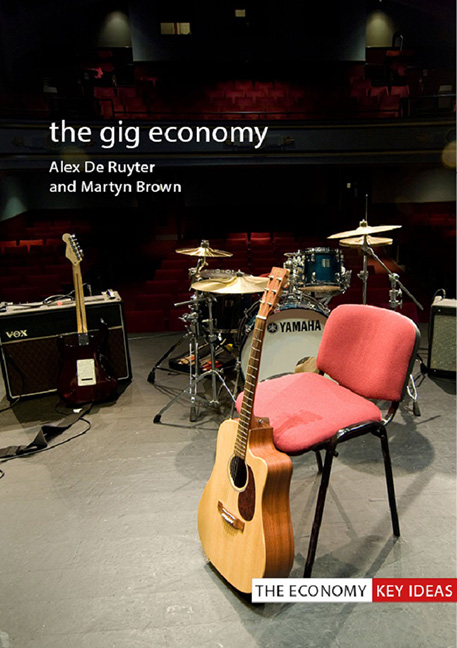4 - Regulation and the lived experience of the gig economy
Published online by Cambridge University Press: 09 August 2023
Summary
The previous chapter has explored trends in working in the gig economy, by coming up with a classification to operationalize “gig work”. In so doing, it was noted that popular claims have been made by commentators of a dramatic increase in such forms of work (to the point of “revolutionizing” production and business operations). However, the actual extent of contingent forms of work coterminous with the gig economy has remained relatively low, if one considers casual work, temporary agency work, zero-hours contracts, and dependent contractors, identified in Chapter 3, as being representative of work in the gig economy. That said, we noted that the significance of the gig economy was not so much in the actual extent of gig work but rather the potential for such a business model to in turn effect (or “gig-ize”) other models of business operation, and thus a harbinger of possible future developments.
In this chapter we explore the regulatory framework across countries, as pertains to the terms and conditions surrounding the four forms of work we explored in Chapter 3 (with the caveat that dependent contractors, as a subset of the “self-employed” are predominantly outside of the scope of labour regulations). We then move to examine the debate as to how such regulations operate in practice, so as to provide some objective insights into the “lived experience” faced by workers in the gig economy.
Understanding “regulation”
In Chapter 2 we introduced the simple neoclassical model of the labour market, a so-called “competitive labour market” where the wage was determined solely through the forces of supply and demand and the wage rate that equilibrated the market was referred to as the “market clearing wage”. As the competitive labour market is perfectly flexible, any disruptions to supply or demand would quickly result in an adjustment to the wage rate, so that a decreased demand for labour would mean that wages would fall, workers would withdraw from the labour market, and employers could rapidly reduce the size of their workforce or hours worked.
A labour regulation then, in this schema, would be any measure that impedes the free adjustment of supply and demand.
- Type
- Chapter
- Information
- The Gig Economy , pp. 55 - 78Publisher: Agenda PublishingPrint publication year: 2019



